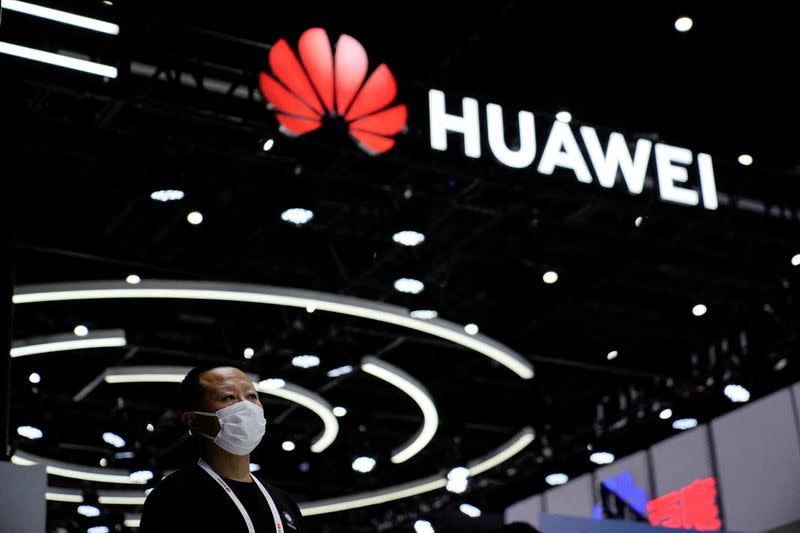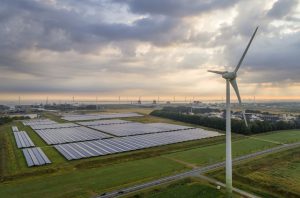US sanctions-hit Huawei Technologies unveiled an upgraded version of its Pangu AI model at the start of its three-day annual developer conference in Dongguan on Friday, claiming it will boost China’s computing power.
“The computing power in China can hardly keep up with the surging demand… We hope to offer an alternative in terms of AI computing power,” Zhang Pingan, CEO of Huawei Cloud said, according to a report by the SCMP.
Huawei aims to help its clients build and train their artificial intelligence (AI) models with its homegrown processors and framework, the report said.
Also on AF: US to Cut China Access to Amazon, Microsoft Cloud Computing – WSJ
The tech firm said its AI takes a different approach from many AI applications. Rather than focusing on generating content, its Pangu 3.0 model would mostly serve industrial usages, it said.
The Shenzhen-based company claimed its processors can train AI models with 1.1 times higher efficiency than other mainstream GPUs, without elaborating on the parameters it used to make the assessment, the SCMP report said.
Huawei also said its model aims to ensure more efficient safety inspections for freight train carriages, AI assistance for local government services and more accurate weather prediction.
The company’s announcement comes at a time when Chinese firms are scrambling to gain access to advanced AI chips, after being cut-off from top chip suppliers like AMD and Nvidia, thanks to the United States’ recent export controls.
The US is preparing to expand its sanctions in the coming months in its bid to hobble Chinese companies that are jostling for a position in the global AI race.
Alibaba launches AI image generator
Meanwhile, troubled Chinese tech giant Alibaba Group also showcased a new AI image generator at the World Artificial Intelligence Conference in Shanghai on Friday.
The generator, named Tongyi Wanxiang, will compete with OpenAI’s DALL-E and Midjourney Inc’s Midjourney. Both the US-based AI tools have gained a large following worldwide.
Tongyi Wanxiang will initially be available to enterprise customers in beta form.
Chinese tech companies are aggressively developing AI products after the ChatGPT chatbot by OpenAI ignited a generative AI boom. McKinsey estimates that generative AI could eventually add $7.3 trillion in value to the world economy each year.
Alibaba Cloud emerged from a massive overhaul announced in March that split the Chinese tech major into six units. In April, it launched a ChatGPT-like text generator Tongyi Qianwen.
In addition to the Tongyi Wanxiang image generator — which roughly translates as “truth from tens of thousands of pictures” — Alibaba Cloud also rolled out ModelScopeGPT, an AI tool for developers, on Friday.
- Reuters, with additional inputs from Vishakha Saxena
Also read:
Curbs on Chipmaking Metals ‘Just The Beginning’, China Warns
US to Target Investment in China Chips, AI, Quantum Computing
China Curbs Mean Permanent Loss of Opportunities for US, Nvidia Says
US Chip Sanctions Have Hardly Impacted China’s AI Capability
Banned Nvidia Chips Available in China’s Underground Markets
























